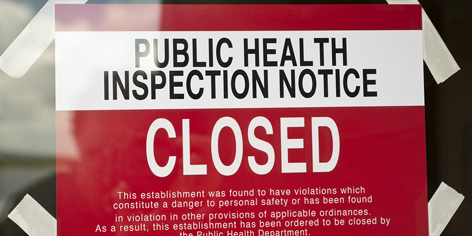
In the realm of the human mind, psychiatrists and psychotherapists serve as adept guides, navigating the complexities of mental health to facilitate healing and offer profound insights into the human experience. This article delves into their unique perspectives on mental wellness, exploring their approaches and insights.
From understanding the mind-body connection to promoting healthy coping mechanisms, psychiatrists and psychotherapists shed light on the nuances of psychological well-being. Traditional talk therapy and modern psychiatric treatments offer diverse options for support, empowering individuals to take control of their mental well-being.
Join us on a journey through the human psyche guided by these … Read More...








